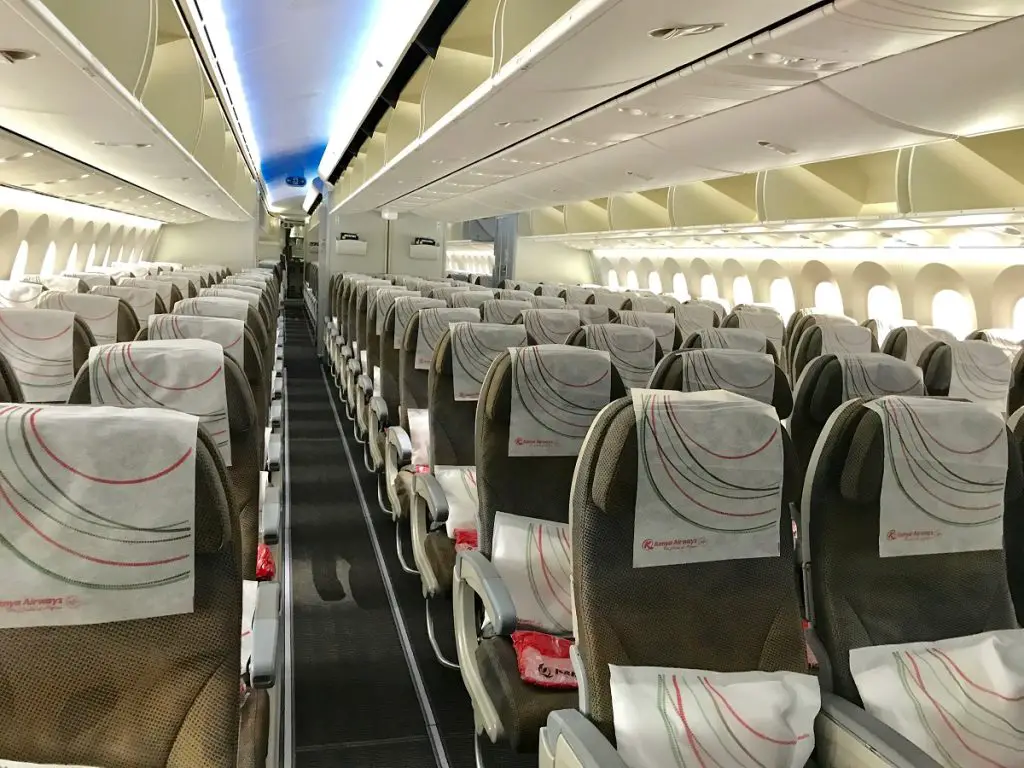On November 9, 2021, Zambia evacuated its citizens from Ethiopia.
This came as violence in the East African nation worsened on its first year anniversary. The action by Zambia’s President Hakainde Hichilema gave a perspective of what was happening in the country that was never colonized.
His Twitter post read in part that the life of every Zambian mattered wherever they were.
Read: In Africa’s Fintech Revolution, traditional banks can still gain advantage
The evacuation of Zambians was just the cascading of the spillover effects of the turmoil in the Horn of Africa nation. It is also the tip of the iceberg of the political uncertainty in the country where Prime Minister Abiy Ahmed has called on citizens to take up arms and protect their country.
Making a kill
For airlines that are just emerging from the dark cloud of the Covid-19 pandemic, travel is much needed and Ethiopia is offering this lifeline albeit under very unfortunate circumstances.
The increased demand for air travel in Ethiopia has seen Kenya Airways (KQ) increase flights to Ethiopia from three to seven per week.
Just like Zambia, other countries are evacuating their residents from Addis Ababa a month after Tigrayan rebels and their supporters threatened to march into the capital, Addis.
Some Western countries like the UK and the US have issued travel advisories to their citizens, against travelling to Ethiopia.
The British Embassy has advised its citizens to leave Ethiopia while commercial flight opportunities are still available. The European nation has said that leaving Ethiopia may be difficult or even impossible in the coming days. The Embassy adds that consular services are quite limited in Ethiopia and it may be constrained to offer help if the political or security situation deteriorates.
In May 2021, the International Air Transport Association (IATA) said that airlines were expected to make big losses with the challenges being experienced in containing new coronavirus variants and slower vaccination in some African countries.
IATA noted that airlines were expected to post-tax losses of 47.7 billion in 2021 from the initial projection of US$38 billion in December.
“Due to problems in controlling virus variations and slower vaccination in some places, financial performance will be worse and more variable this year than we anticipated in our December prediction,” the International Air Transport Association (IATA) predicted.
Slow recovery
Despite the fact that large airlines have raised enough cash to offset losses, the aviation industry expects to burn US$81 billion in cash in 2021. IATA has stated that smaller airlines may require government assistance or would need to raise cash from banks or capital markets, which will increase the debt burden and balance sheet leverage problems in the industry.
Read: Inside the booming business of digital news curation
African airlines received US$2.04 billion in government assistance in 2020. However, the support provided to eight African airlines did not prevent them from declaring bankruptcy or entering into corporate administration.
Because of the ongoing pandemic, IATA) estimates that African airlines will register modest improvement in 2021 (US$1.7 billion).
Finance relief measures, particularly those that do not add to the industry’s debt burden, are still urgently needed, says the CBI. Additional relief measures, as well as the activation of existing pledges, are required, according to Kamil Al Awadhi.
According to IATA, cargo remains a very promising sector for airlines in 2021 due to a healthy economy driving an increase in the share of international trade. A 13.1 per cent increase in cargo volumes is predicted in 2018, which is higher than the 8 per cent growth forecast by the World Trade Organization for global trade.
When compared to the same period last year, demand for African airline cargo climbed by 44.2 per cent in February, making it the region with the highest growth globally.
During the 9th virtual aviation stakeholders convention, which was hosted by the African Airlines Association (AFRAA) and Ethiopian Airlines, cargo operators were urged to treat cargo as a core business and to give it a high priority in strategy, network expansion, fleet planning, and to be represented at the board level of their respective companies.
Read: US$40 billion worth of deals expected during IATF2021 Durban
